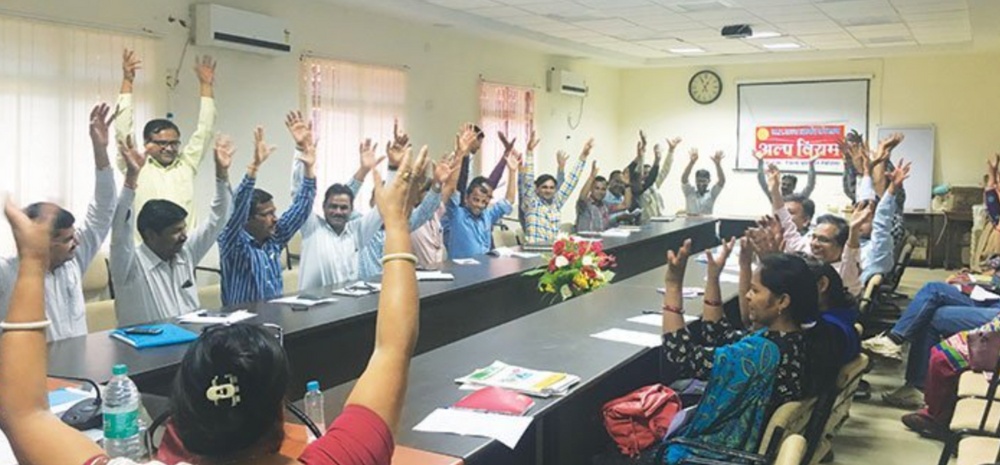
Government Acknowledges Family Responsibilities in Leave Policies
The Central Government has issued a significant clarification regarding leave entitlements for its employees, emphasizing the importance of balancing professional duties with family obligations. Union Minister of State for Personnel, Jitendra Singh, confirmed during a Rajya Sabha session that employees can now claim up to 60 days of annual leave for personal reasons, including caregiving for elderly parents. This announcement addresses growing concerns about work-life balance, particularly as the aging population in India places increasing demands on family members. The clarification aligns with broader efforts to promote employee well-being and ensure that caregiving responsibilities are recognized as legitimate reasons for taking time off. By explicitly acknowledging the need for elderly care, the government aims to foster a more compassionate and flexible work environment.
Leave Types and Accrual Mechanisms Under CCS Rules
According to the Central Civil Services (Leave) Rules, 1972, central government employees are entitled to a structured leave framework that includes Earned Leave (EL), Half Pay Leave (HPL), Casual Leave (CL), and Restricted Holiday (RH). These leave types can be combined for personal or family-related needs, such as medical emergencies or caregiving. Leaves are credited in two installments—January 1 and July 1—ensuring employees have access to leave throughout the year. However, special categories like maternity, paternity, and child care leave are managed separately and do not draw from the regular leave account. This dual system allows for greater flexibility while maintaining administrative efficiency. Employees must submit requests for leave combinations, which are reviewed based on availability and departmental policies.
Recognition of Elderly Care as a Valid Leave Reason
The recent clarification marks a pivotal shift in how the government views caregiving responsibilities. By explicitly allowing 60 days of leave for elderly care, the policy recognizes the critical role employees play in supporting aging family members. This is particularly relevant in a country where social security systems are still developing, and many families rely on caregivers to manage the needs of their parents. The move is expected to alleviate stress on employees, reduce burnout, and improve overall productivity. It also aligns with global trends toward workplace policies that prioritize family welfare. The government’s decision reflects a growing awareness of the interconnectedness between personal well-being and professional performance.
Additional Leave Provisions for Special Circumstances
Beyond the 60-day entitlement for elderly care, central government employees are eligible for other leave types tailored to specific situations. Maternity leave, for instance, provides up to 180 days, while paternity leave is capped at 15 days. Child adoption and child care leave are also available, offering support for families navigating these transitions. Medical and study leave are granted under exceptional circumstances, ensuring that employees can address urgent personal needs without compromising their responsibilities. These provisions highlight the government’s commitment to creating a supportive work environment that accommodates diverse life challenges. The structured yet flexible approach to leave management underscores the importance of balancing professional and personal obligations.
Impact on Work-Life Balance and Employee Morale
The updated leave policies are poised to have a transformative impact on employee morale and work-life balance. By providing clear guidelines for caregiving leave, the government addresses a long-standing gap in existing policies. This clarity reduces uncertainty and empowers employees to plan their personal and professional lives with greater confidence. The emphasis on family responsibilities also sends a strong message about the value of caregiving, fostering a culture of empathy and support within the workplace. As the policy takes effect, it is expected to enhance employee satisfaction, reduce absenteeism, and promote a healthier work environment. Ultimately, the clarification represents a step toward creating a more inclusive and sustainable approach to workplace management.




